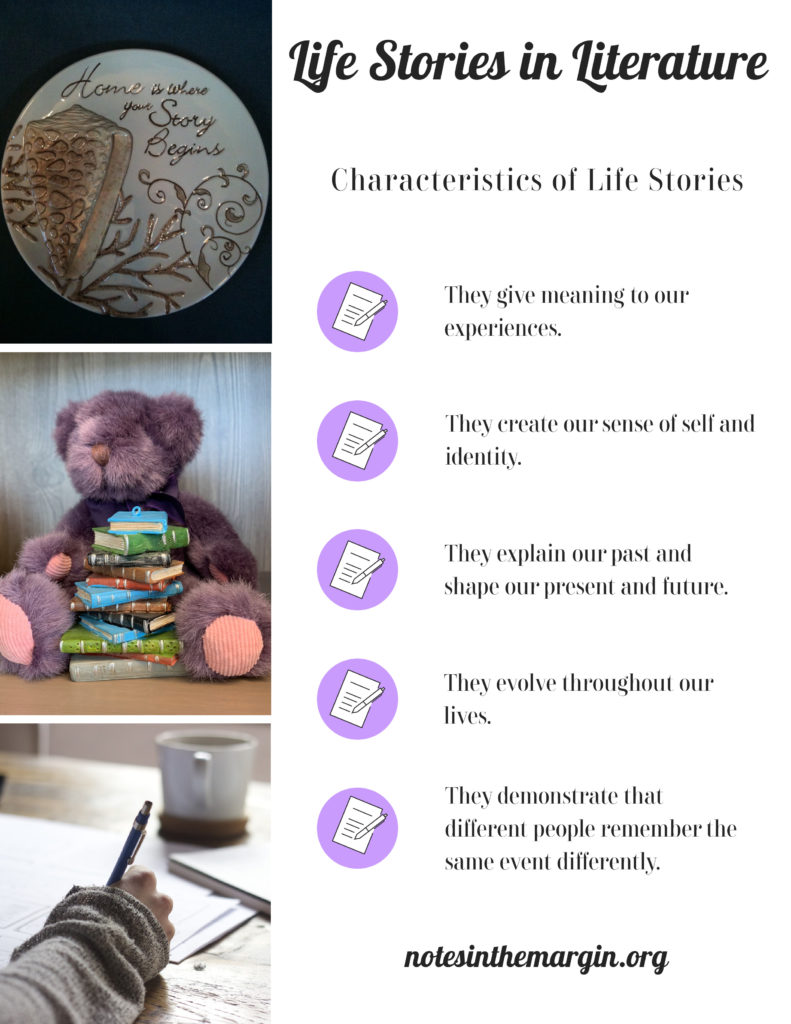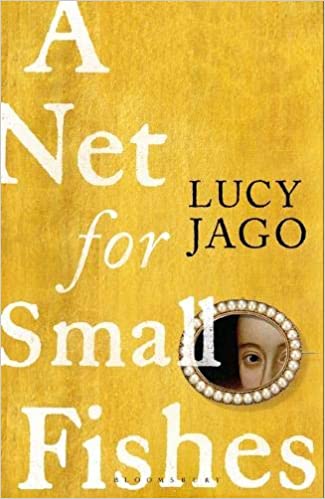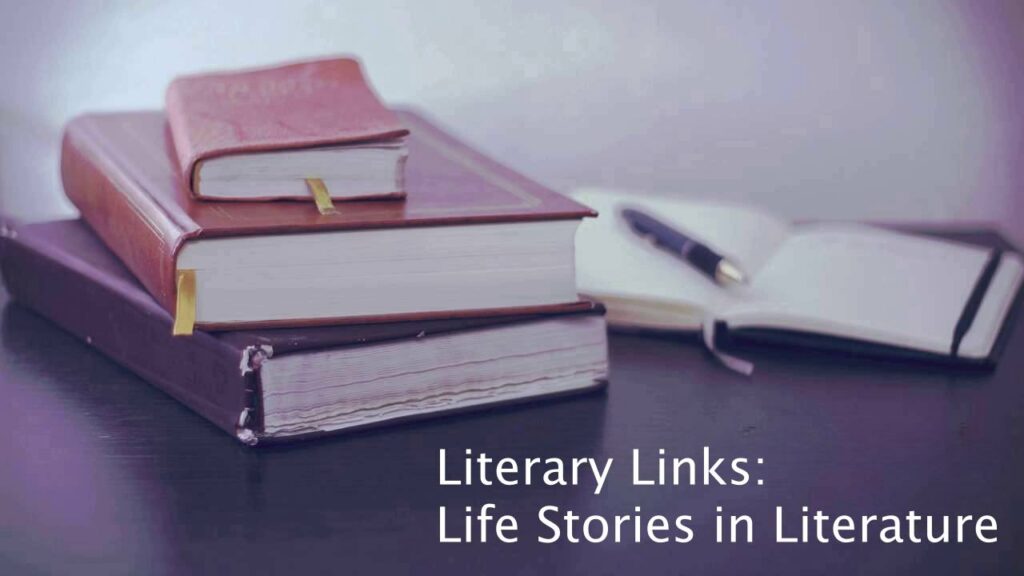Related Post:
I recently realized that I often feature links to articles that pertain to Life Stories in Literature without explaining exactly how those articles fit into this topic. To help you grasp how wide-ranging this topic is, here’s a group of links with a bit more explanation than usual.

Whose Story Is It?
These first three entries revolve around similar issues involving retired NFL offensive lineman Michael Oher, and Sean and Leigh Anne Tuohy.
The Blind Side Was Always Trash
Faviola Cineas picks up the subject of a narrative trope while examining a more basic question: Was this story, which was passed off as true, really a lie?
Michael Oher, Mike Tyson and the question of whether you own your life story
Jorge L. Contreras, a professor of law at the University of Utah, and Dave Fagundes, law professor at the University of Houston, address the question of whether individuals have legal ownership of their own life stories. They conclude “our research shows that there is no recognized property right under U.S. law – or the laws of any other country of which we are aware – to the facts and events that occur during someone’s life.” Or, as they also put it, “you can’t sell a T-shirt with Mike Tyson’s face on it without his permission, but writing a book about his rise to fame is fair game.”
Of course, this question becomes moot when we talk about the use of a particular life story in fiction. However, in a wider sense, it is fruitful to consider who has the right to tell which stories, as illustrated by the American Dirt publication controversy that Pamela Paul summarized earlier this year in the New York Times.
A Dalit author says a popular Amazon Prime drama used her story without credit. The series’ creators are pushing back
This article from CNN deals with a situation similar to that of American Dirt, further considering the Life Stories in Literature theme raised by the movement toward rewriting history to include marginalized people.
Life Stories in Literature
Themes
identity
family
we are what we remember
inside vs. outside stories
imposters
hidden identities & secrets
trauma
creating/controlling one’s own narrative
cultural appropriation
alternate life options
alternative selves
turning points/life decisions
when/how lives intersect
multiple points of view
rewriting history
change your story, change your life
All these articles circle the themes of identity (particularly how culture shapes our sense of identity by providing templates for acceptable behvior), family, cultural appropriation, and creating/controlling one’s own story.

A woman who composed the first draft of history finds herself written out of the history books
In this article Allison Gilbert illustrates the fate of a popular and accomplished woman journalist of the early 20th century in the U.S.: “power structures that have been embedded in our country’s premiere centers of historical preservation since their inception helped render her achievements invisible to future generations.”
Gilbert’s findings underscore the need for rewriting the past to incorporate the voices of people traditionally written out of history.
Revisiting a Viral Sensation 30 Years Later
“A journey back to The Bridges of Madison County.”
Rebecca Schinsky from Book Riot explains how important context can be in the world of fiction publishing:
Like any piece of art, this book is a product and reflection of its time . . . The feeling of “this hasn’t aged well” isn’t a bad thing; it’s exactly what we should hope for when we go back to stories that defined previous generations. I don’t know if people really thought The Bridges of Madison County was good in 1993, and it doesn’t really matter that I don’t think it’s good now. It met a need for an astronomical number of readers, and rather than lament that the newer hits aren’t any better, I’ll take it as a good sign that they are at least asking a different set of questions.
Literature reflects the time and place in which it arises; its characters give readers a sense of what life is like for people living there at that time and encourages them to think about their own society and their place within it.
Want to Give Your Life More Meaning? Think of It As a ‘Hero’s Journey’
Angela Haupt surveys recent psychological research about how reframing our life story can produce “psychological benefits such as enhanced well-being, greater life satisfaction, feeling like you’re flourishing, and reduced depression.” The article offers some suggestions for “changing the way you think about the events of your life [to] help you move toward a more positive attitude.”
In other words: change your story, change your life.
The Art of Telling Forbidden Stories in China
One function of literature is to present a picture of how people live in a particular society. A potential corollary of this function is literature’s ability to demonstrate alternative life possibilities and how to achieve them. The experience of Chinese novelist Hao Qun demonstrates how repressive societies view attempts at presenting alternative life options as they aim to control peoples’ choices of identity.
How Misogyny and Religious Bigotry Have Influenced the Historical Portrayal of the Female Experience
“Lucy Jago on the Creative Motivations Behind A Net for Small Fishes”

Published in 2021, A Net for Small Fishes details the lives of two women at the center of a murder scandal in early 17th century England—or, as author Lucy Jago explains, “A Net for Small Fishes is about two women, Anne Turner and Frances Howard, who suffered extreme stereotyping both in life and the four centuries since their deaths. I wanted to bring authenticity and complexity back into their stories.”
In this article Jago discusses how women have commonly been written out of history and what she had to do to discover details that would help her imagine the experiences of her subjects.
Because these things matter. How we think of ourselves, our cultural consciousness is affected, even determined, by what we know and are taught of our past. When we can understand how society judged women in the past, we can see how those forces still operate today. If women are written out, century after century, what message does that give the generations that follow?
© 2023 by Mary Daniels Brown

